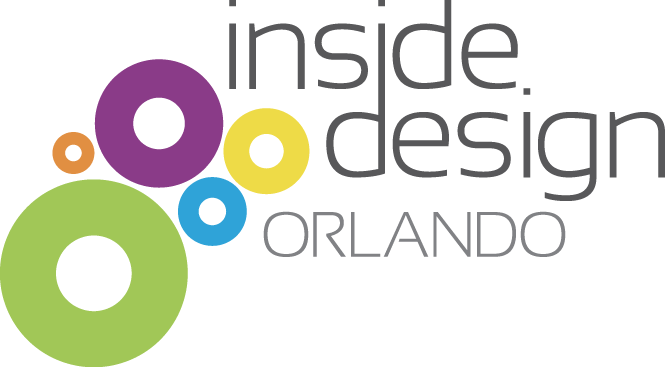Our blog post today is about organic searches, versus paid searches.
Many clients count on paid searches to drive traffic to their site. Web analytics which is known as a “paid search” can both authenticate and empower search results. You may choose to go to any major search engine and find paid search solutions by clicking on the menu items “Advertising Programs” or “Business Solutions”. Web analytics, Google AdWords, or Pay-Per-Click is the most popular paid search methods.
In pay-per-click you will pay a certain amount each time someone clicks through to your website. The downside of this is of course that anyone can click-through including your competitors. The amount you pay will determine how high the rank will be. Social Media links and adding informative architecture is a plus for ranking as well.
Most customers looking for your products or services normally begin the search at a popular search engine such as Google. It is always best to know where your customers come from and using a paid search tool such as web analytics or signing up for a pay-per-click program is a popular method to find out who is visiting your site. These methods provide a statistics program that allows you to follow the progress of those clicking through to your site.
Although our experience tells us that about 87 percent of traffic comes from organic searches, many clients still choose to use paid search tools.
Other methods to consider are building relevant links on the site and updating page content, titling, and using keyword research to keep updated content.
There are limitations to a sponsored or “paid” search. To get significant results you must control and maintain the analytics by updating the search tool periodically by adding new and updated information to the analytic control panel.
This is not automatic and must be done on a regular basis. Criteria needed for updates vary between analytics programs. It is not as easy as signing up for web analytics and getting hundreds of click-throughs.
You must maintain the search software based upon their suggestions. The pay-per-click simply requires the fee being paid on time to keep the method current.
Organic searches consist of “crawler-based searches.” The organic search returns results by indexing pages based upon content and keyword relevancy.
Paid searches, in contrast, are based upon who pays the most money for relevant keywords chosen. More money paid means you will appear in a higher rank than those paying less. Three are websites that offer “free paid search tools. Please watch this video about free pay-per-click tools that optimize Adwords campaigns by providing better keyword research.
When it comes to a natural or organic search, the goal has been to base the results on-page content, the relevancy of links associated with the page, and other search engine optimization tactics. Most of us tasked with the responsibility to be ranked highly agree that organic search results will get us a greater click-through rate than the paid search. There are, however, many larger companies that swear by paid searches and the pay per click campaign works well with their marketing campaigns.
Bigger companies have a larger marketing budget and you will find that this fact alone will have them trying all types of paid search engine campaigns such as pay per click and others. Since organic searches are free, we find that most small businesses and some large businesses as well prefer this method of search.
Many organic search engine companies will index you for free and have paid options as well.
Although paid searches may allow your site to be indexed quickly, and stay indexed for so long as you pay for the subscription, it doesn’t promise any particular rank. It may be a higher advantage to learn the organic search methods to stay ahead of the curve.
Hurry back for more news you can use …Jean Holland-Rose, Chief Creative Officer
Inside Design Orlando.




